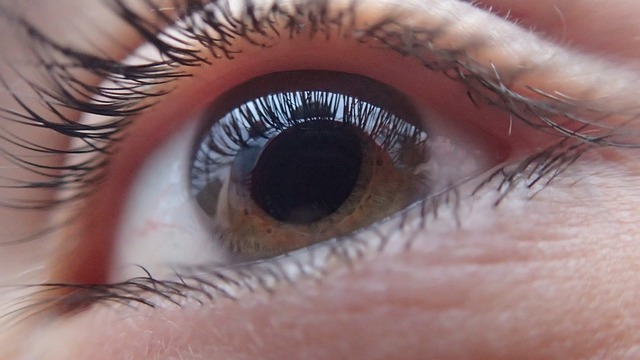
In Nigeria, as in many parts of the world, glaucoma is a big threat to vision and overall well-being.
It is one of the leading causes of blindness in the world in Nigeria.
This eye condition, often referred to as the “silent thief of sight,” gradually damages the optic nerve, leading to irreversible vision loss.
In this blog post, we’ll explore the age at which glaucoma may start in Nigeria.
Read on to gather comprehensive insights into this eye condition.
Understanding Glaucoma
Glaucoma is a group of eye diseases characterized by increased intraocular pressure (IOP), which can damage the optic nerve over time.
This nerve is like a cable that sends signals from the eye to the brain.
They are crucial for transmitting visual information from the eye to the brain.
However, when fluid builds up in the front part of your eye, that extra fluid increases the pressure in your eye, damaging the optic nerve.
Think of it like a balloon getting too full, and if it stays that way, it can harm the balloon’s string.
Without timely intervention, glaucoma can result in permanent vision loss and blindness.
Also Read: How to Naturally Cure Blurry Vision in Nigeria
Age of Onset
Glaucoma is commonly associated with aging, and the risk of developing the condition increases with years.
However, the condition doesn’t exclusively affect older individuals.
Worldwide, the prevalence of glaucoma is about 1% in older people aged above 50 years and increases with age.
But, there is a higher incidence of glaucoma in people of African descent, and the condition may occur more frequently and progress more rapidly in this population.
In Nigeria, studies suggest that glaucoma may present at an earlier age compared to some Western populations.
Primary open-angle glaucoma, the most prevalent form, often manifests in individuals over the age of 40.
Relevant population-based surveys of glaucoma, visual impairment and blindness in Sub-Saharan Africa indicate that glaucoma affects about 4% of adults aged 40 years and above and accounts for 15% of blindness.
Various studies in different parts of Nigeria show that the prevalence of glaucoma is slightly higher in the Southeastern part of the country compared with other regions.
The same study, reveals that the prevalence of glaucoma was 1.02% in those aged above 45 years.
Findings also suggest that African-based studies are needed to help estimate present and future needs and plan services to prevent avoidable blindness.
Also Read: 7 Foods and Drinks to Avoid if You Have Arthritis
Signs and Symptoms
For most people, glaucoma does not display obvious signs in the early stages.
Thus, it earned its moniker as the “silent thief” of sight.
As the condition progresses, individuals may experience:
- Gradual loss of peripheral vision
- Blurred or hazy vision
- Halos around lights
- Severe eye pain and headaches (in the case of acute angle-closure glaucoma)
- Redness of the eyes
- Nausea
- Vomiting
Prevention and Management
Routine eye check-ups are crucial for early glaucoma detection, allowing for timely intervention to prevent further vision loss.
Early intervention can significantly slow the progression of the disease.
It is also important to understand your risk factors, including family history, age, and ethnicity.
Treatment options include medications, laser therapy, and surgical procedures.
Also Read: How to Take Care of Your Health Against Prostate Cancer in Nigeria
Conclusion
There are still gaps in public awareness about Glaucoma in Nigeria.
Ensure to stay informed about the risk factors, recognise potential symptoms, and prioritise regular eye check-ups.
Also, take proactive measures to preserve your vision and maintain eye health throughout your lives.
Remember, when it comes to glaucoma, awareness and early action are the keys to safeguarding your sight.











